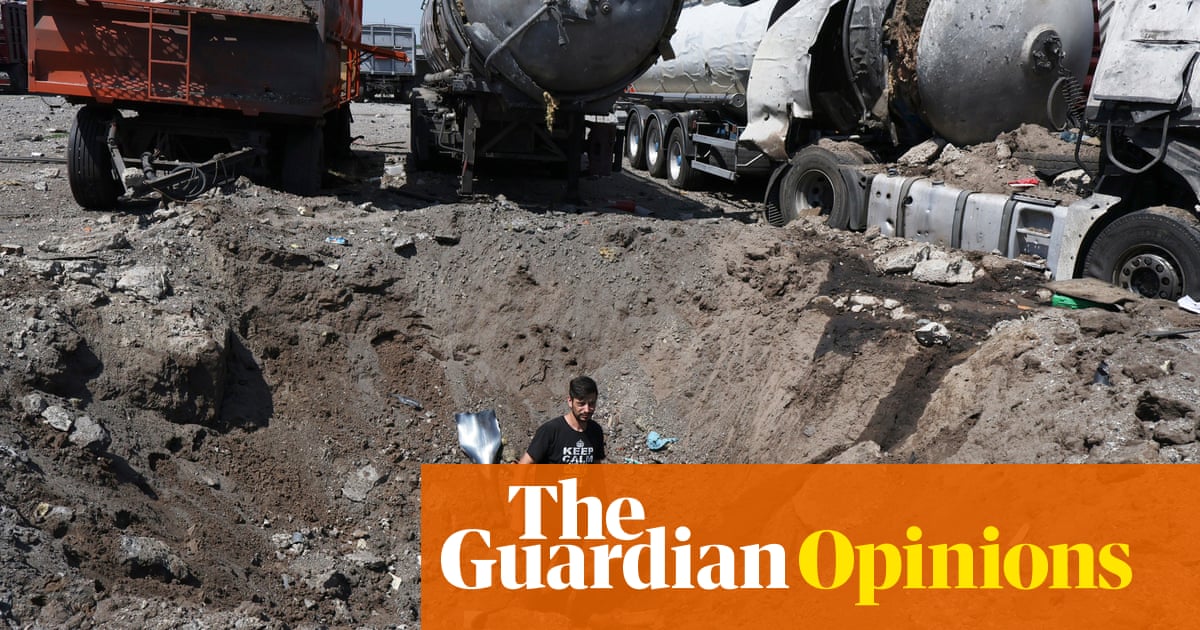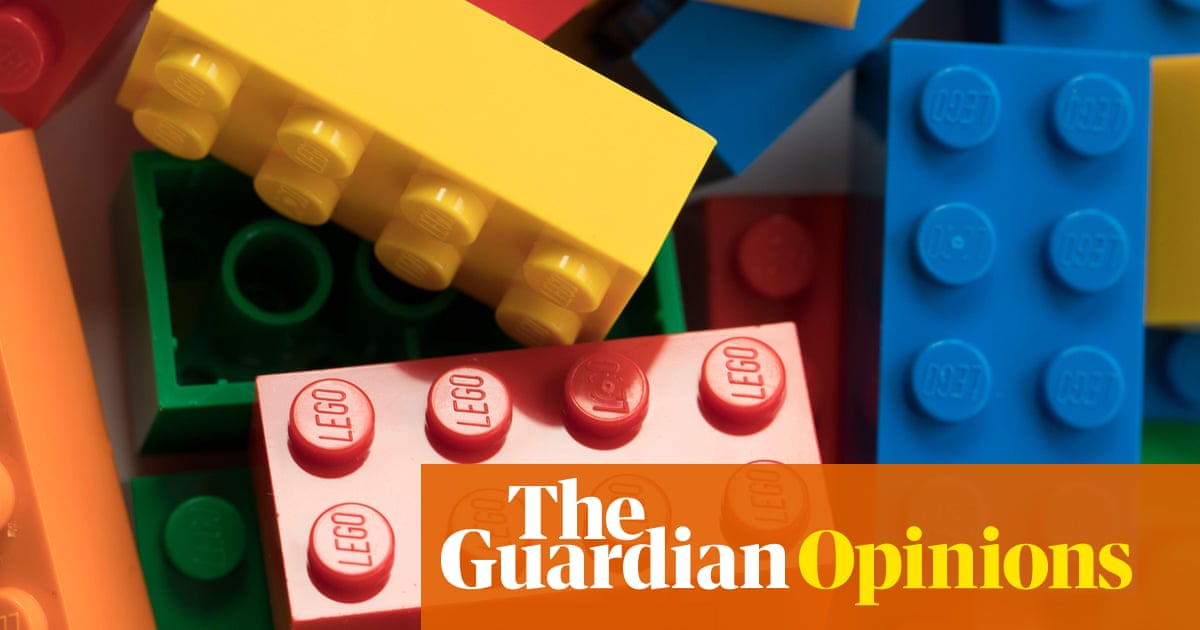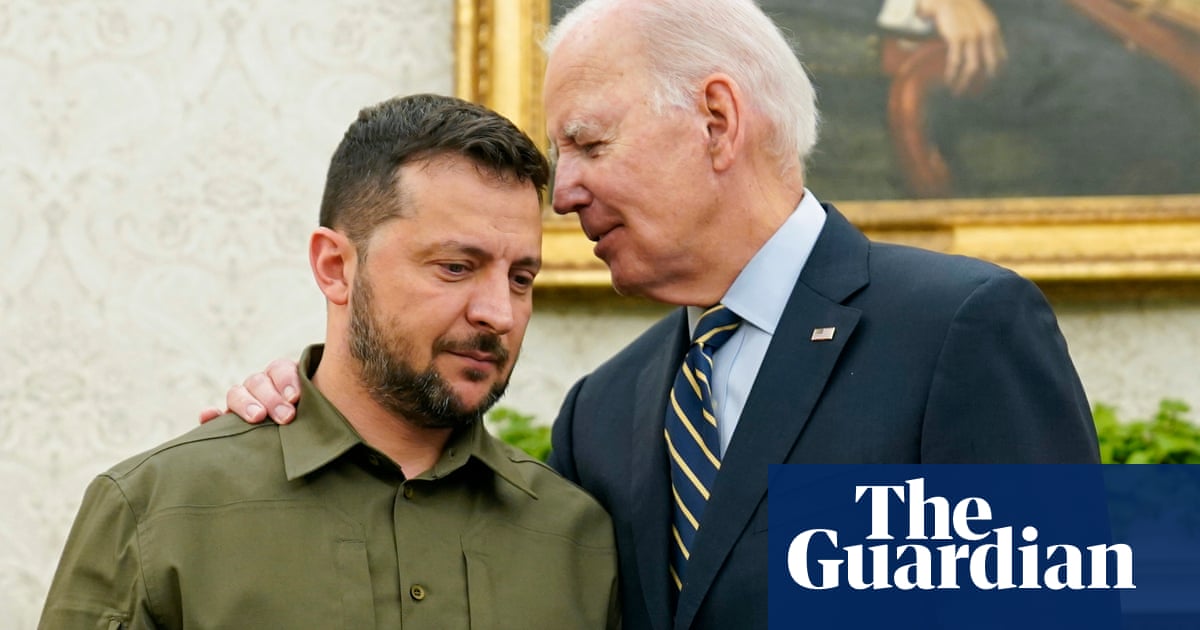
The big question facing delegates at the Ukraine recovery conference, hosted by the UK and Ukrainian governments this week, is who will pay the estimated $400bn (£310bn) bill for Ukraine’s postwar reconstruction.
The obvious answer is: Russia and its oligarchs. About $400bn of frozen Russian assets currently sit on western shores, the result of sanctions measures levied since the beginning of the war. This tempting pot includes immobilised assets of Russia’s central bank, and frozen assets owned by oligarchs and other Kremlin associates. Many have suggested this money could be transferred to Ukraine, where it conveniently matches the cost of needed reconstruction funds.
But enabling the confiscation of assets, which is a criminal justice matter, to stem from a sanctions designation, which is a political decision, has proved to be a legal headache. It turns out it is one thing to freeze assets, but quite another to seize them. Experts warn that doing so could undermine international law, human and property rights, and due process, the very things that set Ukraine’s allies apart from the Russian regime.
It is a fine balance between what is allowed under the boundaries of the law and what is acceptable from a political standpoint. And, while the ball has started rolling on the seizure of Russian state assets, the road towards the confiscation of individuals’ assets within the boundaries of the law is still long.
Some countries have already tried to test those boundaries. Last year, Canada introduced measures to allow confiscation of sanctioned assets where there had been a breach of international peace and security, human rights violations, or acts of significant corruption. This model is often held up as a good solution, but in reality, it is likely to meet challenges over the above concerns. And even if it worked, the confiscated sum would be minimal: few sanctioned individuals, and most certainly very few oligarchs, are directly linked to the atrocities committed in Ukraine. Proving corruption on the part of most oligarchs has been a challenge for decades, with the highly litigious kleptocrats engaging in lengthy and complex court battles.
To address this issue, the EU has taken a more careful, legalistic approach, and proposed a directive to harmonise its member states’ laws to facilitate the confiscation of illicit proceeds. But this will do relatively little on the matter of assets frozen under sanctions, as those assets don’t necessarily or provably come from illicit sources.
The question then is whether western allies are willing to bend their own rule of law to help Ukraine. If the goal is to help Ukraine recover, and we really want that oligarch money, there is always the option of accepting some more politically unpalatable, but legally more feasible, solutions. One proposal rumoured to be circulating among western governments is the possibility of cutting deals with the oligarchs, having them transfer part of their wealth and then denounce the Kremlin’s atrocities in Ukraine. In exchange, sanctions would be lifted against them and that money would be used for Ukraine’s recovery.
The UK government announced new legislation that would allow sanctioned oligarchs to donate frozen funds to Ukraine, although it denied that would be done in exchange for sanctions relief. But how many oligarchs will come forward, if there is no incentive? And if this legislation actually paves the way for the oligarchs to pay their way out of sanctions, how feasible is that?
Given this would exclude Russia’s central bank assets, the recovered pot might not be as significant as you might expect: but it would be a start. It would also avoid years of costly litigation, and free up more time to enforce other sanctions, and build cases against these oligarchs for the corruption at the root of their wealth (for which they should have been prosecuted a long time ago).
But politically, this get-out-of-jail card could undermine the very concept of sanctions and put a strain on diplomatic relations with Ukraine. When asked about it, most Ukrainian activists shun the proposal.
Sanctions against the oligarchs have always been unlikely to stop Russian tanks and missiles, but hold a symbolic purpose. Sanctioning the oligarchs is a political statement, due to their proximity to the Kremlin, rather than a strategic move. As such, allowing them an easy escape route contradicts the reason they were sanctioned in the first place. More than this, it appears fundamentally unfair.
If one thing is clear, it is that helping Ukraine’s recovery will require more than goodwill and some oligarch money. But that should not mean disregarding our rule of law, or our moral principles, in the process. What is crucial now is stopping the Russian war machine from destroying Ukraine. Rather than sanctioning oligarch after oligarch, western governments should sanction those enablers who allow the war to continue; and, like the US has done, those who devise ways of circumventing sanctions and provide critical components to the Russian army and economy.
Targeting these enablers would do so much more to alter the course of the war than chasing a few billions of corrupt proceeds.
Maria Nizzero is a research fellow at the Centre for Financial Crime and Security Studies at the Royal United Services Institute (Rusi)












